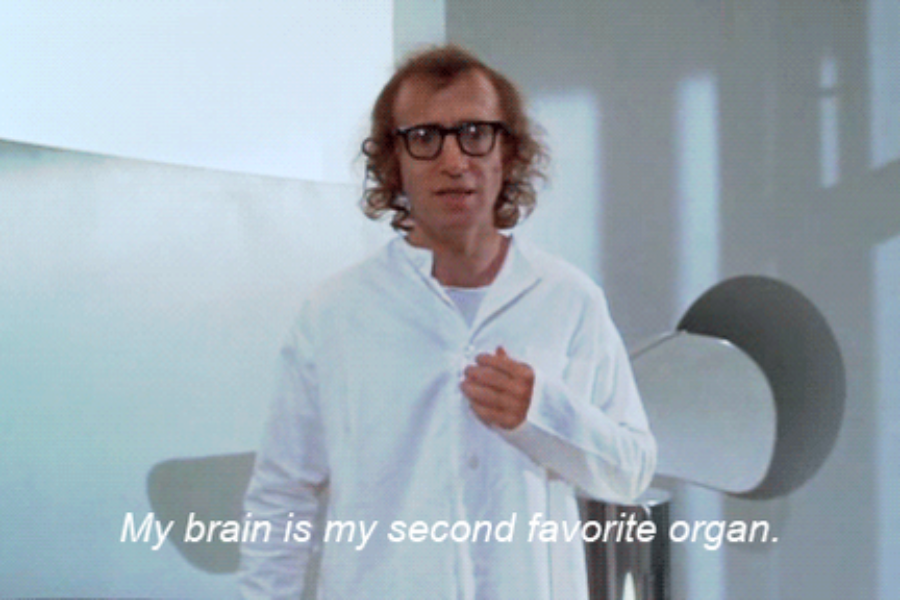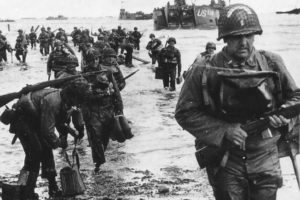Three weeks ago I had a stroke. Fortunately, it was a mild one, and I’m fully recovered. But let me share with you the details so that, hopefully, you will have a better idea than I did about what to do if it ever happens to you.
My risk factors were almost non-existent. Although for years my diet has been that of an adolescent carnivore, my cholesterol and blood pressure have always been low. I exercise moderately, am slightly overweight, and do not have diabetes or a history of heart disease. I have one definite risk factor which is my age, 73.
The day of my stroke, I woke up at 5:00 A.M. to go to the bathroom. I groggily noticed that my left arm felt weak and that I had to concentrate in order to make it follow my brain’s instructions. It seemed like it was on a time delay, but, with enough concentration, I could get it to respond more or less appropriately.
I assumed that I had slept on my arm and was not particularly alarmed. So I went back to bed. This turned out to be the first of many mistakes.
I got up again, took a shower and got ready for work. My arm still felt weak, but I told myself not to be a wimp. I assumed that I had a pinched nerve which would resolve itself. My plan was to power through the problem and get to the office.
Now before you write me off as a complete idiot, you should take into account the words of the great poet and author James Dickey (the guy who wrote Deliverance). A keen observer of human nature, Dickey once declared that all men, regardless of their age and physical condition, deep down inside have a self-image of themselves as they were when they were 19. We tend to think we are indestructible and generally shrug off illnesses. If you get sick, you should press on and never complain.
I was dressed and about to go to work when my left hand went numb. Now I know what you are thinking. This has to be the part where the light bulb goes on over his head, and he calls the doctor. Wrong.
Since I had a floppy arm and a numb hand, I decided to get serious. I got out my iPad and Googled my symptoms. As you will see, this was mistake number two.
After dithering around on the internet for close to an hour, I finally called my family doctor. I must say, he handled the situation rather well. After listening to me describe my symptoms, he didn’t yell or call me names. Although his voice went up an octave or two, he pretty calmly told me to immediately go to the emergency room.
So I drove myself to the hospital, parked my car in a high rise garage and went on a lengthy walking safari in search of the emergency room. I could have parked right outside the emergency room, but, since I was still convinced I had a pinched nerve, I didn’t want to take up a space next to the emergency room that could be better used by someone who was really sick. Heh.
I walked up to the glass window in the emergency room, and a very competent looking receptionist asked why I was there.
“Well, it seems my left arm is weak and my…” I never got to finish the sentence. The doors flew open, they plopped me into a wheelchair and rushed me into a cubicle where they started an EKG. We were off to the races.
I will spare you a description of the next five days. But here is the real point I am trying to make.
There are two types of stroke. Both are extremely time sensitive. One can be caused by a brain bleed and the other by an arterial blockage. Either way, I had taken a terrible gamble by shrugging off the symptoms and wasting time doing an iPad-assisted self diagnosis. And, by driving myself to the hospital, I had risked killing or maiming myself and others if my symptoms had worsened, and I had lost control of my car.
After a CT scan (looking for a bleed) and MRI (which can detect a blocked artery), it was determined that I had tiny, microscopic blockages in the capillaries on the right side of my brain. If I had gotten to the hospital within four hours of the onset of symptoms, I could have been given a clot busting drug which could have eliminated the blockages before too many brain cells were killed by lack of circulation. Because of my laid back reaction to the onset of symptoms, I had used up my four golden hours. If the blockages had been more significant, I could have needlessly suffered catastrophic brain damage.
I was fortunate in that my stroke was mild and my symptoms quickly resolved. But even that can pose a risk. As the doctors and nurses explained to me, all too often people who have mild strokes attribute their symptoms to the flu or some other transitory condition and don’t seek medical care. As a result, they aren’t properly diagnosed and treated. Which means that they become unwitting candidates for the Big One. Even though the symptoms of a mild stroke may quickly resolve on their own, immediate steps must be taken to prevent another more damaging stroke.
The symptoms of a mild stroke are warnings that must not be ignored.
If you experience sudden onset leg or arm weakness, numbness, facial drooping, mental confusion, difficulty speaking or understanding speech, trouble seeing in one or both eyes, dizziness, loss of balance or coordination, difficulty walking, or sudden severe headache with no known cause, do NOT follow my example. Go to an emergency room immediately. You could be having a stroke and you may need immediate diagnosis and treatment. Every second counts.
Finally, I want to express my heartfelt gratitude to all of the terrific doctors, nurses, technicians, and hospital staff who took such wonderful care of me. Without exception, they were smart, capable, kind and compassionate.
But, grateful as I am, I hope I never see them again.




2 Comments
Leave your reply.